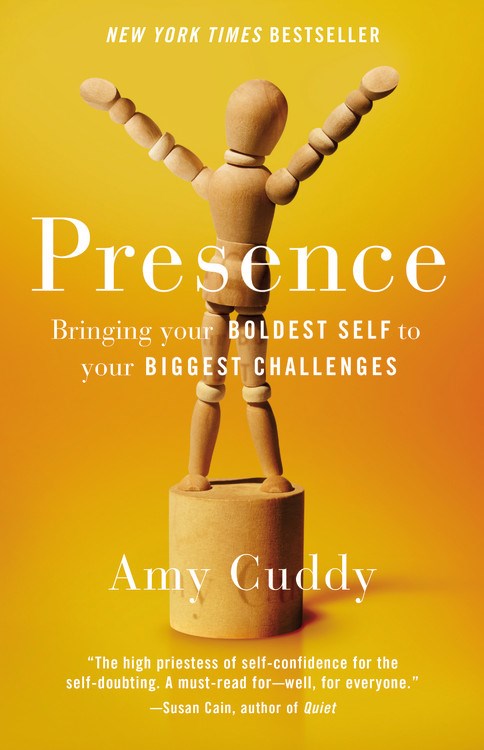Jack Covert Selects - The Ethical Economy
The Ethical Economy: Rebuilding Value After the Crisis by Adam Arvidsson & Nicolai Peitersen, Columbia University Press, 208 pages, $32.50, Hardcover, July 2013, ISBN 9780231152648
We chose Robert Schiller’s Finance and the Good Society as the best Finance & Economics book in 2012. That book explained the role of individuals within finance, the role of finance within society, and how we can democratize financial capitalism to create and best serve a “good society.” The Ethical Economy by Adam Arvidsson and Nicolai Peitersen, being released this month by Columbia University Press, would be a great companion to that book, and I regard it just as highly.
At its heart, The Ethical Economy is a discussion of the very nature of value, how it has been determined and agreed upon since the beginning of the first industrial revolution, how it has lost connection to reality in our postindustrial economy, and how we can redefine it to build a more ethical economy. The authors begin by dismantling the current value regime and the very logic of the rational market theory that our current economics rest on.
Throughout the contemporary economy, from the heights of finance down to the concrete realities of everyday work, particularly in knowledge work, great insecurities arise with regard to what things are actually worth and the extent to which the prices assigned to them actually reflect their value.
This is especially true when determining “intangibles” like brand:
For example, the McDonald’s brand is said to represent 54 percent of the market value of the company. But this figure is arrived at mainly by subtracting the book value of the McDonald’s company from its market value; there is no precise way of determining how much of the difference represents mere speculation and how much represents the social utility of the McDonald’s company above and beyond its ability to make and sell hamburgers. … So, while the market does set prices, those prices are not tied to any common definition of value; they cannot be said to be representative of anything other than the dynamics of the market itself.
Because of this, the authors believe we need “a new value regime.” And the good news is that the things that are currently so irrational about the system may contain the “seeds of a new rationality.” For instance, the expansion of financial capitalism need not become the harbinger of more and greater crises, but can become instead a rational component of an increasingly global, public, commons-based mode of production.
With the emergence and institutionalization of what they call productive publics and participatory culture, which they believe are the fundamental building blocks of a new, ethical economy, the authors make a convincing argument that “Just as the creation of wealth ever more builds on cooperation and common resources, so the determination of the value of that wealth would ever more build on the strength and association of the passions that are common to us all.”
For those ideas and so much more, I urge anyone interested in such macro issues to pick up The Ethical Economy.

